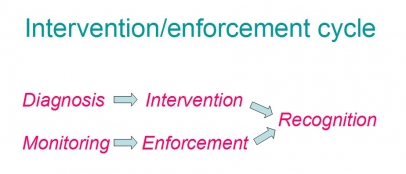 Université Paris 8
Université Paris 8
I’m going to interrupt my series on rehearsal techniques to stop and boggle for a bit about my trip last week to France for my first ever experience of a conference conducted mostly in my second language. I had been invited as one of two keynote speakers to a conference entitled Music and Gender: Current State of Research,* and although conference was genuinely international, with speakers from Brazil, Italy, Spain and Greece as well as France, England and Ireland, we were the only two to present in English.
Now, I have read a good deal of French over the years, including some reasonably dense music theory, so I wasn’t entirely unprepared for this. But most of my actual live interactions in the language have been of the ‘two beers and a cheese sandwich’ type, so in other ways this was something of a baptism of fire. I will have some thoughts to share on matters of music and gender arising from the papers and their discussion in due course, but my most immediate response is to want to reflect on what I learned about language, learning and communication from the adventure.



